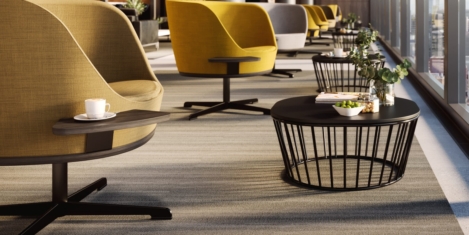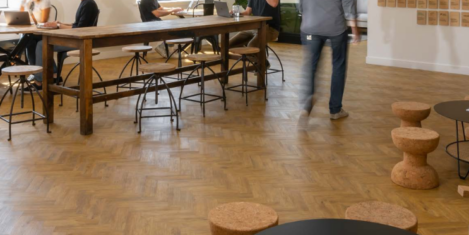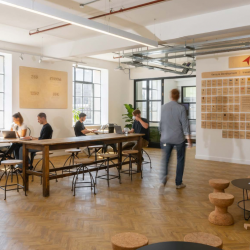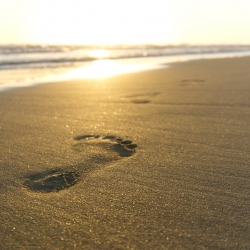To provide the best experiences, we use technologies like cookies to store and/or access device information. Consenting to these technologies will allow us to process data such as browsing behaviour or unique IDs on this site. Not consenting or withdrawing consent, may adversely affect certain features and functions.
The technical storage or access is strictly necessary for the legitimate purpose of enabling the use of a specific service explicitly requested by the subscriber or user, or for the sole purpose of carrying out the transmission of a communication over an electronic communications network.
The technical storage or access is necessary for the legitimate purpose of storing preferences that are not requested by the subscriber or user.
The technical storage or access that is used exclusively for statistical purposes.
The technical storage or access that is used exclusively for anonymous statistical purposes. Without a subpoena, voluntary compliance on the part of your Internet Service Provider, or additional records from a third party, information stored or retrieved for this purpose alone cannot usually be used to identify you.
The technical storage or access is required to create user profiles to send advertising, or to track the user on a website or across several websites for similar marketing purposes.
 Employees today want more ‘hotel-style’ amenities such as areas for socialising, state-of-the-art infrastructure, outdoor spaces, onsite cafes, air conditioning, and flexible work facilities to entice them back to offices, according to a new poll from MRI Software. The firm’s Workplace Report [registration] claims almost two-thirds (64 percent) of respondents say such hotel-style features impact their decision on whether to work for an organisation, including more than one in ten who see failure to provide the right amenities as a deal breaker. (more…)
Employees today want more ‘hotel-style’ amenities such as areas for socialising, state-of-the-art infrastructure, outdoor spaces, onsite cafes, air conditioning, and flexible work facilities to entice them back to offices, according to a new poll from MRI Software. The firm’s Workplace Report [registration] claims almost two-thirds (64 percent) of respondents say such hotel-style features impact their decision on whether to work for an organisation, including more than one in ten who see failure to provide the right amenities as a deal breaker. (more…)
















 All of humanity’s problems,” the French scientist and philosopher Blaise Pascal wrote in 1654, “stem from man’s inability to sit quietly in a room alone.” He may have been right, but then again, sitting in a room alone isn’t necessarily a great state of permanent being either. There was a time we used to talk with dismay about the Japanese phenomenon of intense social distancing known as hikikomori. We would consider with horror the isolation, lack of engagement with society, poor mental health and loneliness of the people who had almost completely withdrawn to their rooms. Those poor bastards locked up in enclosed spaces linked to the outside world only by screens.
All of humanity’s problems,” the French scientist and philosopher Blaise Pascal wrote in 1654, “stem from man’s inability to sit quietly in a room alone.” He may have been right, but then again, sitting in a room alone isn’t necessarily a great state of permanent being either. There was a time we used to talk with dismay about the Japanese phenomenon of intense social distancing known as hikikomori. We would consider with horror the isolation, lack of engagement with society, poor mental health and loneliness of the people who had almost completely withdrawn to their rooms. Those poor bastards locked up in enclosed spaces linked to the outside world only by screens. 















December 20, 2022
Never mind the workplace predictions, here’s some bollocks
by Mark Eltringham • Comment, Flexible working, Technology, Workplace design